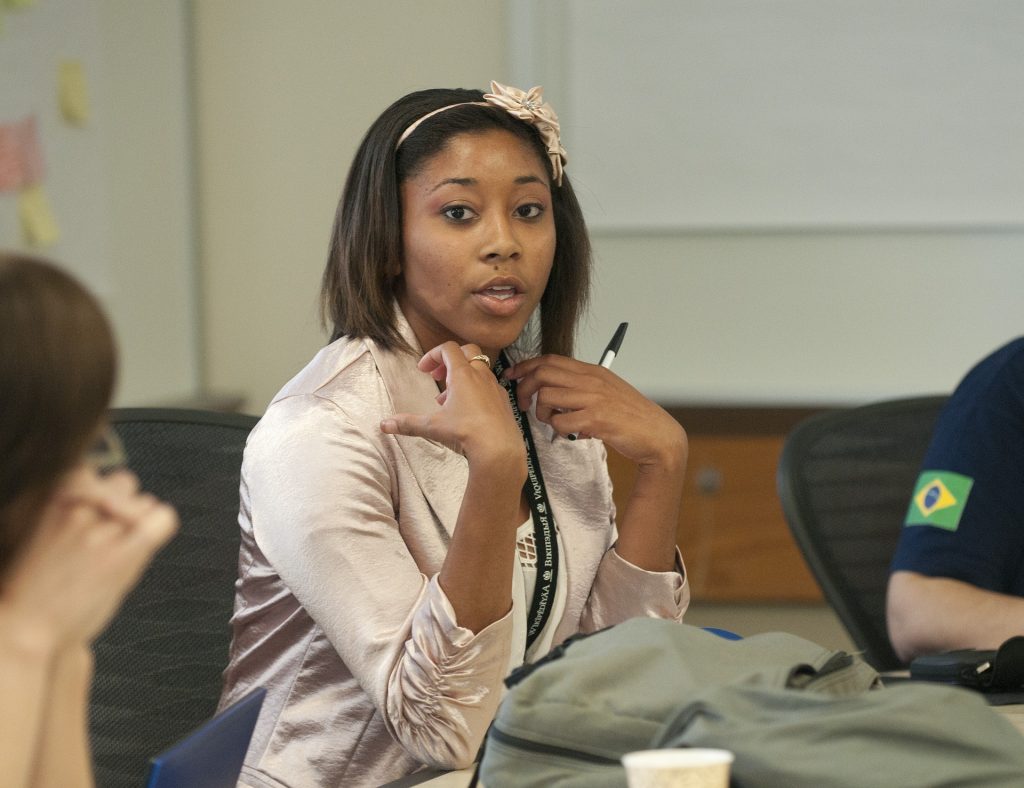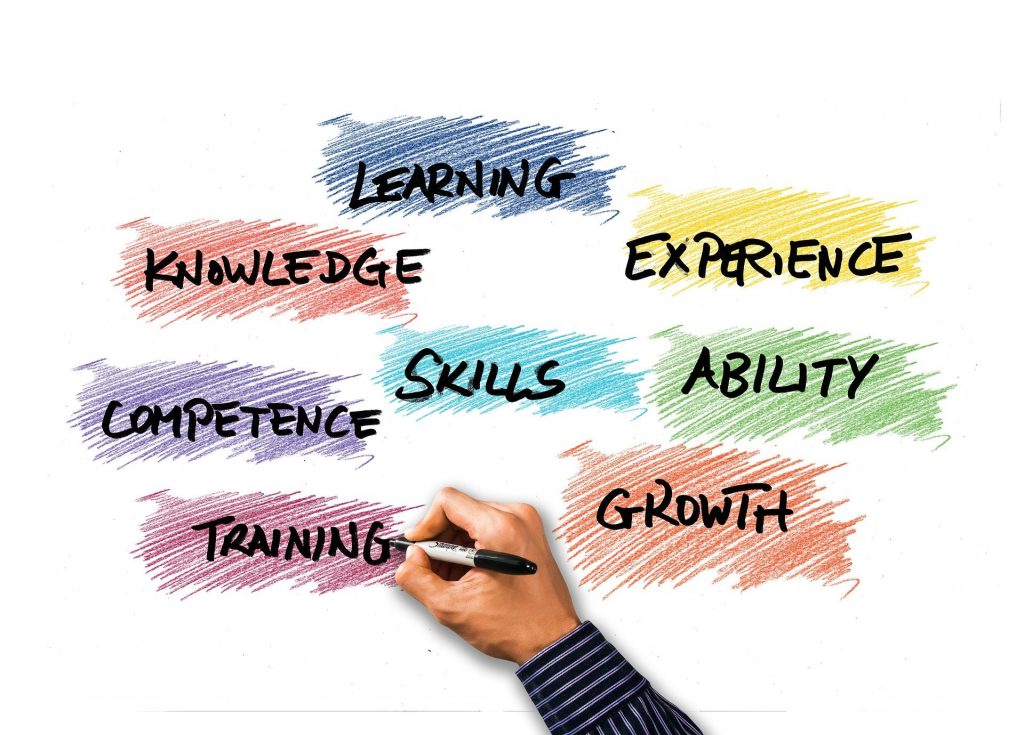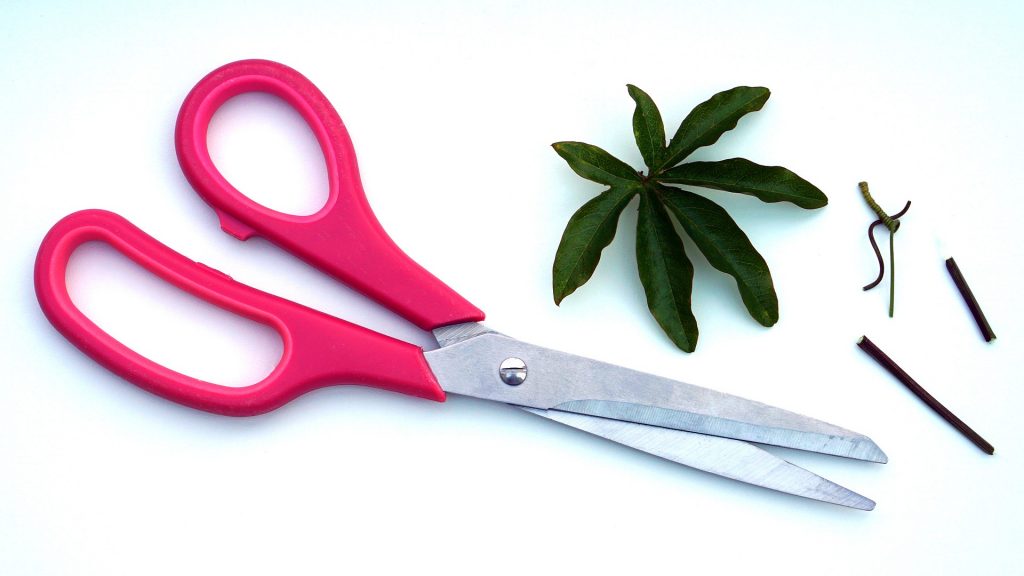 Dellon Thomas from Pixabay"/>
Dellon Thomas from Pixabay"/>Gaining admission to the college of your choice can be a very exciting experience. We begin to think about the prospect of meeting new people, connecting with old friends, creating memories, and the freedom that college comes with. Some of us design plans on making great use of our college years; we think of joining the debate society, learning a new language, getting involved in advocacy and student politics amongst others. Sadly, in our final year, we realize that most of the goals we set for ourselves have not been achieved. We discover that we were running around doing a lot of things and engaging in several activities but these activities have not contributed significantly to our growth as we had anticipated. Sometimes, we discover that we were living the dreams and aspirations of our friends and classmates and as such, we lost sight of own strengths and dreams.
In this article, Career1o1 provides you with 7 personal development strategies that you can explore during your years in college. The strategy does not exclude your academic work or restrict you from having fun. Rather, it embraces all the relevant areas of your life that need to be explored and nurtured.

- Effectiveness
One of the major strategies to develop in college is to focus on academic effectiveness. You must make a conscious effort to dedicate at least two hours each day to your academic work. These hours are not meant for your assignment. Neither should you count your class attendance as part of the dedicated 2-hour period. The 2-hour period should be primarily focused on learning and researching. The aim is to acquire further knowledge in your course area and beyond. There is always a temptation to stick to lecture notes and assume that attending lectures is enough to measure academic effectiveness. But if we are being sincere with ourselves, a 2-hour lecture over a 3-month period cannot fully address all the details of our program. The rest of the information is highly dependent on our personal learning. If we want our education to be worth it, we need to invest more time into learning. The 2-hour period should be used to read recommended reading materials and other research materials for the course. It is important to ask critical questions during your learning period by exploring existing literature or material in the area you are studying. The essence of education is to learn, grow and make a positive impact. If you ignore that, you will discover that you have a certificate to prove that you have a degree but your knowledge and skillset are lacking.
During my undergraduate years, I read all my lecture notes, attended almost every class and studied all relevant past questions to prepare for an exam. I hardly invested anytime in reading recommended books or research the lessons. I graduated with a CGPA of 3.58 but with limited knowledge of my major and minor. Today, I see a lot of students in college repeat the same mistakes.
I made a conscious effort not to repeat this mistake when I was pursuing my advanced degree.
I made a conscious effort to read about 80% of the reading materials required for the course before and after the class. I was motivated by the idea that I wanted to graduate from the master’s degree program with not just a certificate, but an in-depth knowledge and understanding of the world.

2. Selectiveness
It is true that when you are young, you need to take advantage of a lot of opportunities. But it is troubling to take advantage of opportunities that have no bearing on your strengths or your plans. When I got admitted into college, I was certain that I wanted to join the debate society. I had observed that public speaking and debating were my strengths and I was determined to improve on this strength. It took me four months to find the debate society, but I was determined to find the club at all cost. Eventually, the debate society became the ticket to almost all the opportunities I have achieved in life. I had my first job through debate; I had my second job through my first job so there is a link. I had a full scholarship for my master’s degree program because my CV had all my achievements and awards, most of which were earned through debating and public speaking. This is a clear example of how strengths meet opportunities. If your strength is in learning a new language, kindly do that ASAP.

3. Improve
Aim at improving yourself during your college years and set realistic goals for it. Aim at improving how you speak. Focus on building your confidence. Aim at improving your reading habits. If possible, read at least 20 pages of a self-development book or any book that will build you up professionally and personally. Set goals for yourself, learn how to drive if you can afford to. Set goals to exercise. There is a gym with free access for students in most universities. Set goals to take up free online courses. There are several goals you can set towards your professional and personal improvement.

4. Cut-off
Just as I advise students to improve themselves, we (working professionals) also like students must be intentional about cutting off behaviors and events that are detrimental to our growth and development.
Financially – try and cut off bad spending habits. Spending too much on wants instead of needs can deprive you from investing in the right opportunities when you really need to. Having a budget will not stop you from spending extravagantly if you don’t discipline yourself.
Socially – avoid negative people who create a toxic environment. It only frustrates you more. Reduce the free talks and parties; they can be very involving.
Healthwise – cut off unhealthy habits that can harm you in the future and aim at eating healthily, drinking enough water, and taking enough rest.
Behaviorally – cut off negative habits that tarnish your image. Try to do an assessment of your behavior by asking trusted friends about areas that contribute to your unhealthy behavior and improve upon them. Try not to defend yourself during this process; rather, seek recommendations on how you can be better.

5. Adapt
College can be very overwhelming, but you need to adapt. The longer it takes you to adapt, the longer you deny yourself the chance to identify the opportunities that come with it. If you adapt quickly, you become more resilient. Your roommate will not be your best friend in all cases, the earlier you adapt and accept the reality, the better. The assignments will not reduce as you progress so adapt quickly and identify ways to meet your deadlines. You may lose some friends along the journey but may gain some. There are times you will be lonely. But in all this, you need to adapt.

6. Be different
In my first year’s archeology class, we were given a two-page written assignment on excavation. I submitted a two-page document with a colored cover page with pictures of some excavated items locally and globally. I remember the Teaching Assistants (TAs) beaming in smiles when I submitted my work. They told me my work was different and that they were impressed with the effort. I had an A for the class. We were not asked to do anything other than present a two-page document, but I wanted to be different, so I did it. In whatever you do, try and set yourself apart in a unique way. You can do what everyone else is doing but a touch of your uniqueness will make a difference. You can work on being different by identifying your strengths and how you can sharpen them to become exceptional while you are in college.

7. Do the Impossible
Your college years will be set with limitations and opportunities. Learn to do the impossible. Write that weekly letter to the Vice Chancellor (VC) to update him on issues college students are facing. Strive to think big about initiatives and projects and visualize the possibility of its existence by forming a team to make that happen. Try to meet the CEO YOU HAVE ADMIRED FOR A LONG TIME. Accept that you may face rejection but aim at having a meeting that will transform your life. In high school, one of my classmates and now a very good friend of mine named Cleide Selasie Dodoo used to say that she will learn Mandarin in the university and go to China. Lo and behold, she was offered Chinese and Political Science as her majors at the University of Ghana. Not only did she learn the language, she became so good at it that she took part in an international competition in Chinese and came out as the winner. She is now pursuing her master’s degree in China. The language of instruction is in Chinese and she also writes her exam in Chinese. She is more of a native speaker now. Dare to do the impossible!
